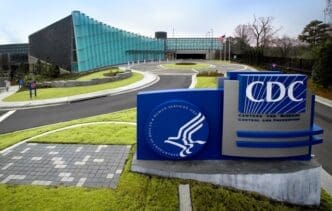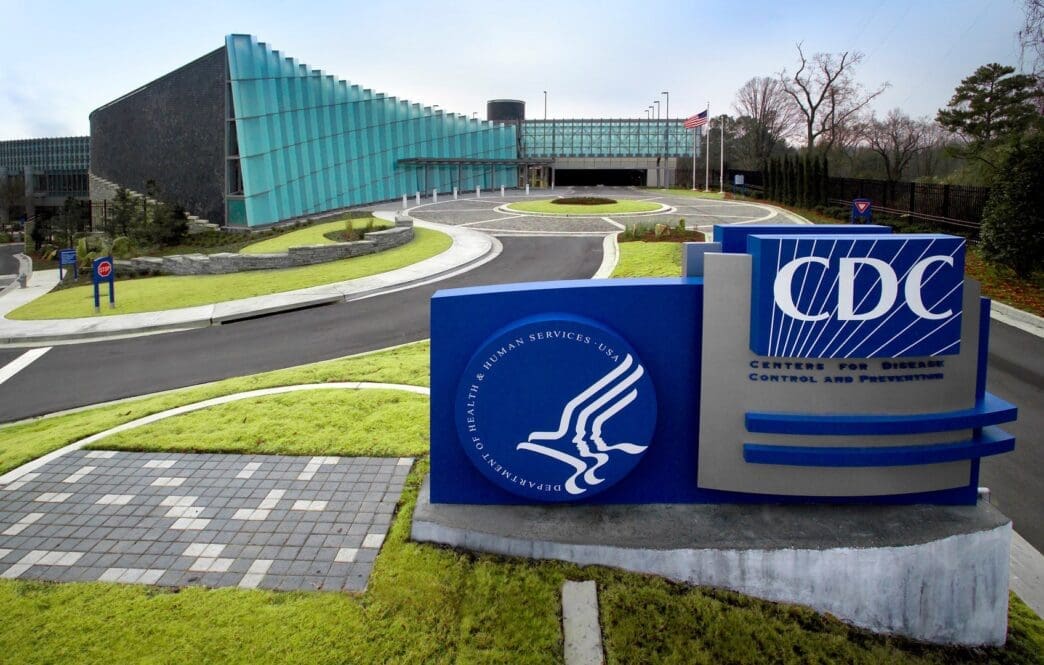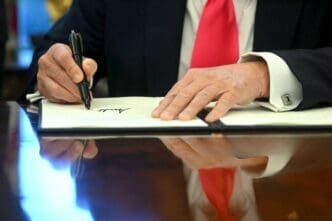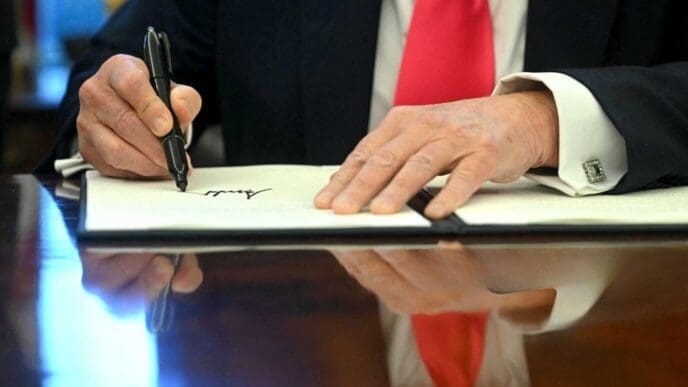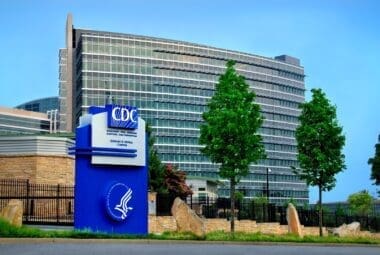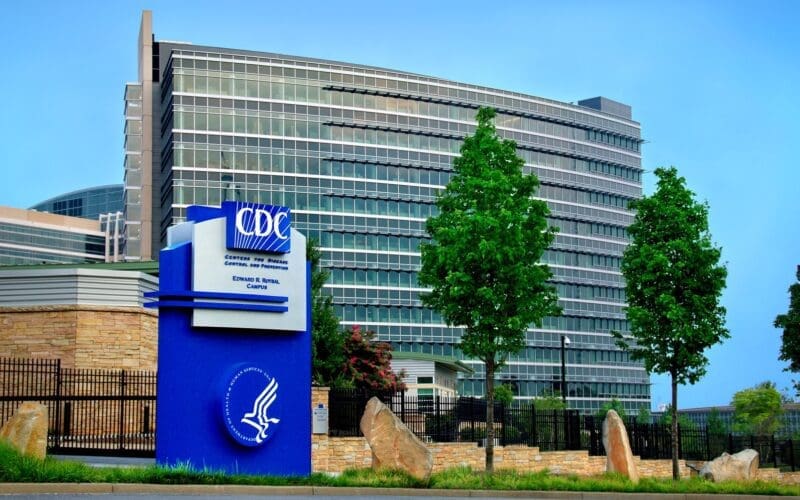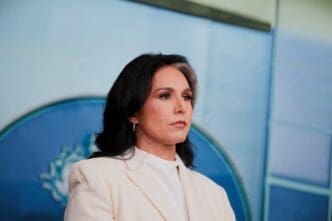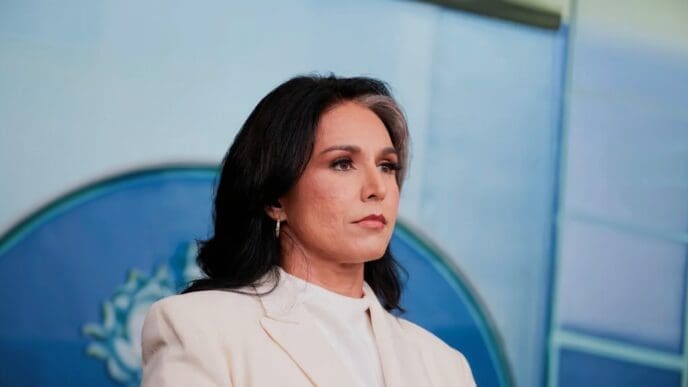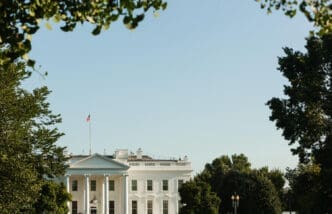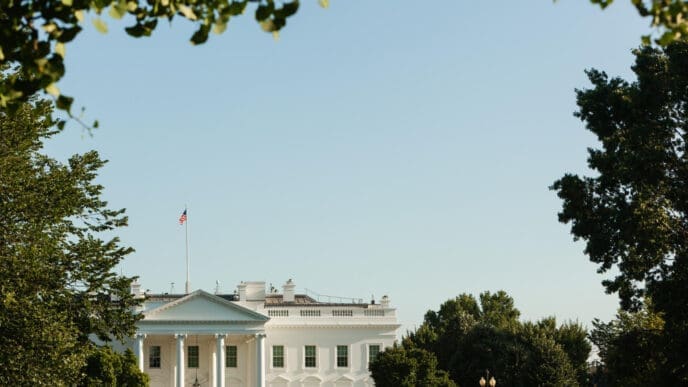Executive Summary
The Story So Far
Why This Matters
Who Thinks What?
A wave of resignations among top officials at the US Centers for Disease Control and Prevention (CDC) culminated Thursday with their escort from the agency’s Atlanta headquarters, followed by a public “clap out” tribute from hundreds of staffers. The departures, which include the agency’s chief medical officer, chief of vaccines, and data chief, came in the wake of the ouster of CDC Director Dr. Susan Monarez, raising significant concerns about the agency’s leadership and its scientific integrity.
Leadership Shakeup at CDC
Dr. Deb Houry, the chief medical officer; Dr. Demetre Daskalakis, chief of vaccines and respiratory diseases; Dr. Daniel Jernigan, director of the National Center for Emerging and Zoonotic Infectious Diseases; and data chief Dr. Jennifer Layden announced their resignations Wednesday. They were escorted from the building Thursday morning, with Dr. Houry emphasizing they were accompanied “by friends.”
In the afternoon, CDC staffers gathered outside the main office for a “clap out,” saluting the departing officials. Dr. Daskalakis addressed the crowd, stating, “What makes CDC great are the people that make CDC up, the scientists, everyone that makes this a family… You are the people that protect America, and America needs to see that you are the people that protect America, and we are going to be your loudest advocates.”
Dr. Daniel Pollock, who retired from the CDC in 2021 after 37 years, described Wednesday’s events as “unprecedented.” He voiced concerns that the changes threaten “not only the future of Americans’ health and well-being but the future of international health and well-being,” suggesting that the agency’s global contributions are being “devastated.”
Concerns Regarding HHS Secretary Kennedy Jr.
The turmoil at the CDC coincides with the upcoming testimony of US Health and Human Services Secretary Robert F. Kennedy Jr. before the Senate Committee on Finance on September 4, where he is expected to discuss President Trump’s health agenda. Dr. Daskalakis claimed Thursday that Secretary Kennedy has never received briefings on measles, Covid-19, or flu from CDC experts.
“No one from my center has ever briefed him on any of those topics,” Dr. Daskalakis told CNN, adding that Kennedy “is getting information from somewhere, but that information is not coming from CDC experts.” He noted that Kennedy has not accepted “several offers to brief him” from the agency.
Secretary Kennedy has faced criticism for promoting alternative treatments over the measles-mumps-rubella vaccine, particularly during a recent outbreak in West Texas that primarily affected unvaccinated individuals. The US has reported more measles cases this year than in any other year since the disease was declared eradicated in 2000.
Dr. Houry expressed concerns that data originating from the administration, if not reviewed or cleared by CDC scientists, could be problematic, especially given what she described as Secretary Kennedy’s “personal spin.” HHS has not responded to requests for comment on these claims or the officials’ resignations.
Ouster of Director Monarez and Succession
The White House confirmed Wednesday night that CDC Director Dr. Susan Monarez was terminated from her position. Dr. Houry stated that Dr. Monarez was “very committed to the CDC and wanted to stay,” suggesting that the resignations were a “statement to make” when officials felt they could no longer effectively carry out the agency’s mission.
Dr. Monarez’s attorneys, Mark Zaid and Abbe Lowell, rejected the notification of her firing, arguing that as a presidential appointee and Senate-confirmed officer, only the President himself could legally terminate her. They stated, “For this reason, we reject notification Dr. Monarez has received as legally deficient and she remains as CDC Director.”
The ouster has created uncertainty regarding the agency’s leadership. Dr. Jernigan, with 30 years of experience at the CDC, commented, “I don’t know who actually will be making those calls, but I do understand that when we’ve been working on these data that we make decisions from, a lot of that is coming from the White House, is coming from HHS.” Sources indicate that Deputy HHS Secretary Jim O’Neill is expected to serve as acting CDC director.
Secretary Kennedy’s Perspective and Rebuttals
In a Thursday appearance on Fox News, Secretary Kennedy largely avoided discussing specific personnel issues, stating it was “inappropriate.” However, he alluded to a “deeply, deeply embedded malaise at the agency” and emphasized the need for “strong leadership that will go in there and that will be able to execute on President Trump’s broad ambitions for this agency.” He added, “It may be that some people should not be working there anymore.”
Dr. Daskalakis countered Secretary Kennedy’s characterization of the CDC, particularly in light of a recent shooting at the agency’s campus. He argued that if the CDC is perceived as troubled, “we have to turn the mirror back to him, because I think that the trouble is emanating mainly from him.” Dr. Daskalakis suggested Kennedy’s “disregard for experts” undermines the CDC’s role as a “bastion of scientific expertise” and that the progress made since the pandemic is being “dismantled.”
Broader Medical Community Reactions
The changes at the CDC have elicited strong reactions from the broader medical community. Dr. Bobby Mukkamala, president of the American Medical Association (AMA), issued a statement calling the removal of Dr. Monarez and the subsequent resignations “highly alarming at a challenging moment for public health.” He expressed deep concern that “this turmoil leaves us highly susceptible to public health threats.”
Dr. Peter Lurie, president of the Center for Science in the Public Interest, stated that Secretary Kennedy “is systematically dismantling the public health infrastructure that keeps us safe from pandemics and vaccine-responsive diseases like Covid-19.”
The resignations and the director’s ouster at the CDC have ignited a debate over the agency’s future direction, its scientific independence, and its ability to protect public health amid the administration’s new agenda. Concerns about the impact on both domestic and international health initiatives continue to mount as the medical community grapples with the fallout from these leadership changes.
